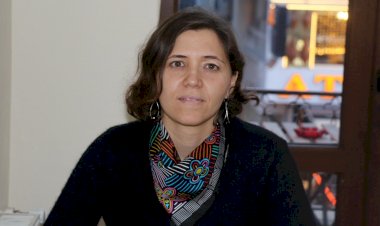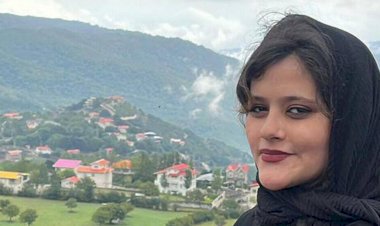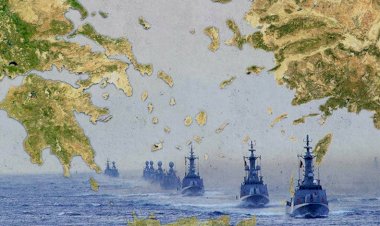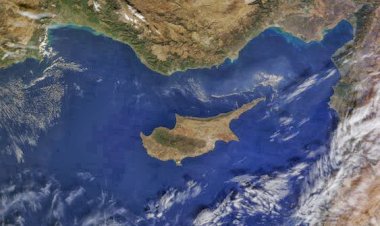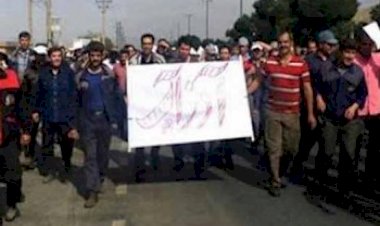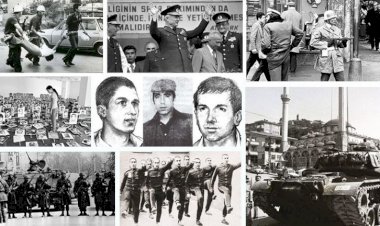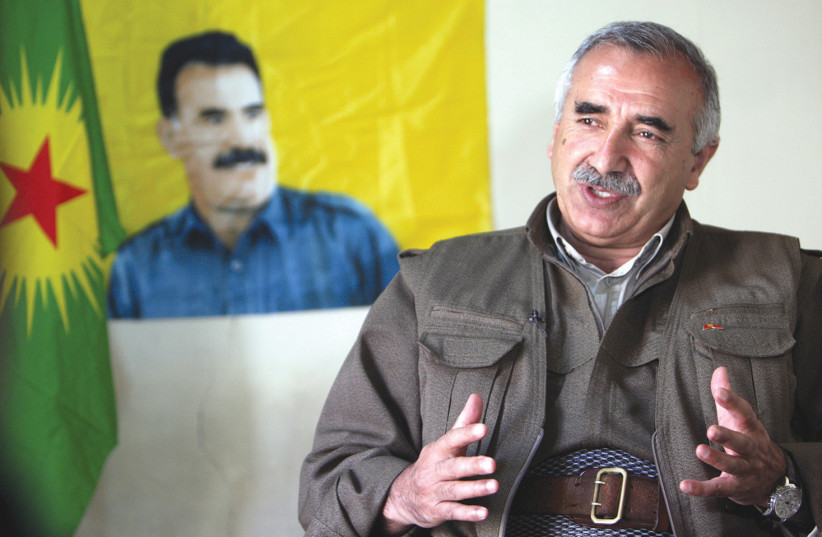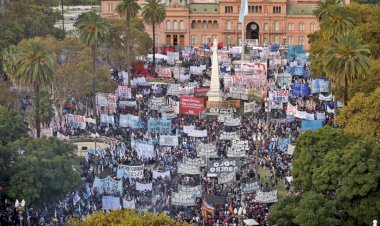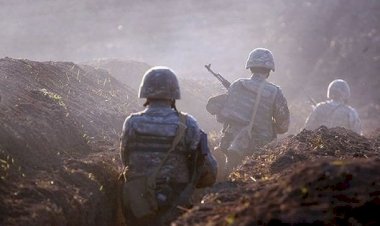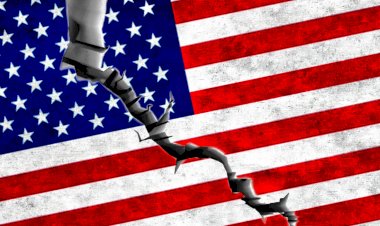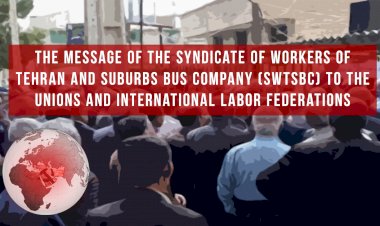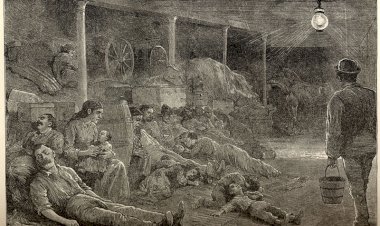Imperialists, Gangs, Hunger: Haiti on the Brink of Civil War - B. Defne Erten
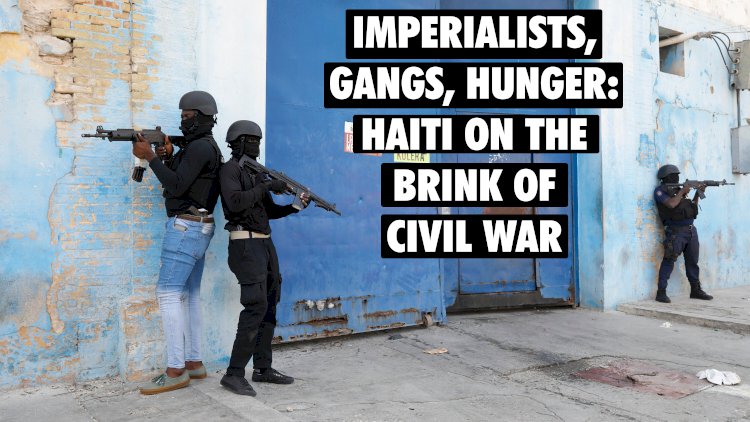
Local media reports indicate that a clash erupted between two gangs in the Petionville area, located to the south of the capital city, Port-au-Prince. The confrontation resulted in ten gang members from each faction being among the casualties. Meanwhile, data from the International Organization for Migration (IOM) reveals that between March 8th and 14th, a total of 16,947 individuals were compelled to flee their residences in the capital due to gang-related violence.
The gang leaders, the most well-known of whom is Jimmy Chérizier, have a dirty network of relationships that show different political tendencies at various times. The fact that such gang leaders have become the face of Haiti's opposition to the government proves the deep crisis of the state and the bankruptcy of Haiti's bourgeois opposition.
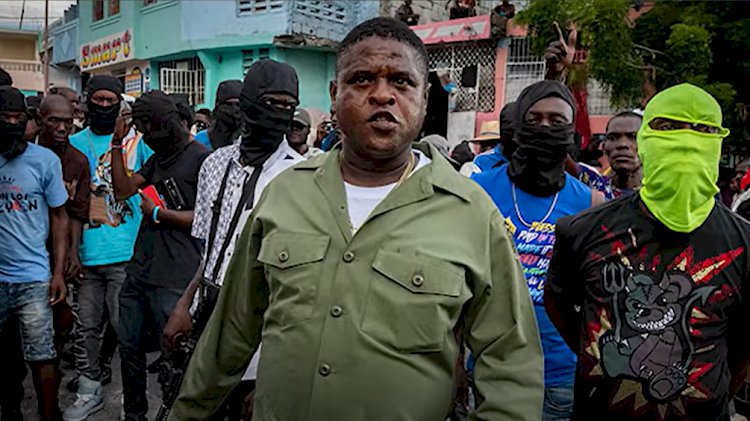
Chérizier led the massacres in which numerous men, women, and children lost their lives, notably in 2018 in the La Saline slums. At least 71 individuals were killed, with at least seven women subjected to rape, and over 400 homes were demolished. In 2020 he became a major player by uniting several gangs into a powerful new confederation named the G9 Family and Allies.
What is Happening?
The US government, along with other imperialist powers like Canada and France, has orchestrated the removal of Haitian Prime Minister Ariel Henry, whom they had previously supported. Despite lacking popular legitimacy, Henry was placed in power after the assassination of President Jovenel Moïse in July 2021. The US-led "Core Group" continued to back Henry, despite his failure to hold parliamentary or presidential elections as mandated. However, amid escalating gang violence and a deteriorating security situation in Haiti, the US now sees Henry as a liability.
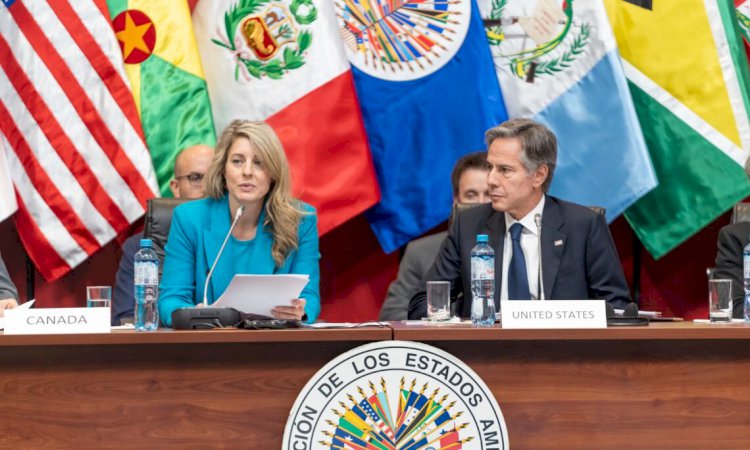
Washington aims to install a transitional government and deploy foreign forces to restore "law and order" in Haiti. This intervention plan includes potential involvement from Kenya, although concerns arise due to Kenya's own human rights record. Despite the dire humanitarian crisis in Haiti, the imperialist powers prioritize their interests over aiding the Haitian people, perpetuating instability in the region.
The proposed intervention comes as the Haitian population faces pervasive gang violence, political turmoil, and social devastation exacerbated by decades of imperialist oppression and neglect. The US and Canada's primary concerns are preventing mass refugee flows and maintaining regional stability, rather than addressing Haiti's underlying issues.
Historical Background
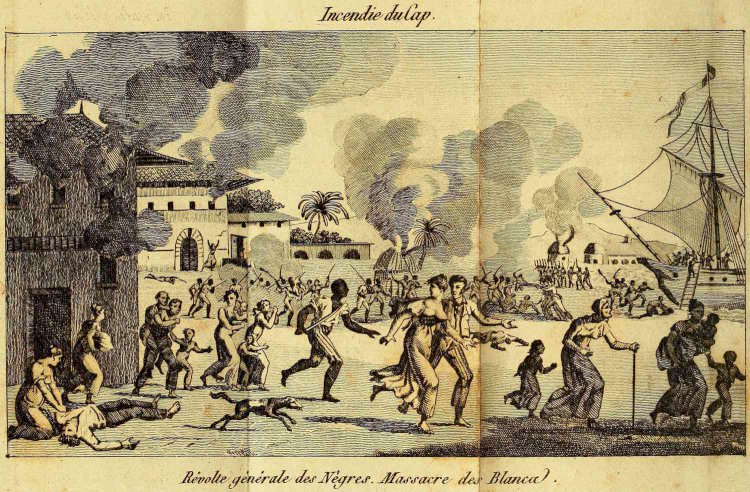
Haiti, often referred to as the "Pearl of the Antilles," bears the weighty legacy of being the first nation to liberate itself from colonial rule through a remarkable uprising. This historic feat, however, contrasts starkly with the present reality of Haiti, which remains one of the poorest countries globally. Plagued by pervasive poverty, Haiti grapples incessantly with hunger, famine, and sporadic rebellions. The nation's tumultuous socio-political landscape has fostered an environment where organized forces are lacking, allowing gangs to wield influence and power among the disenfranchised populace. These gangs, once born of societal discontent, have morphed into imperialist tools, further exacerbating the challenges faced by the Haitian people. Consequently, Haiti occupies a pivotal place in the historical narratives of both imperialists and the populations of Central and South America, embodying a struggle emblematic of liberation and enduring hardship. The path forward necessitates a continental socialist revolution, recognizing that the structural backwardness and gang formation in Haiti are symptomatic of broader systemic injustices. Only through a unified struggle across borders can Haiti transcend its current challenges and forge a path towards genuine liberation and collective prosperity for all its poor people, workers and youth.



